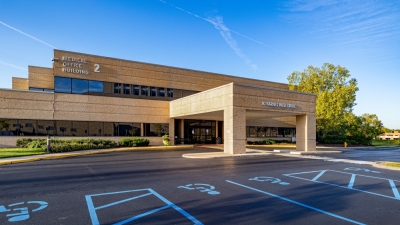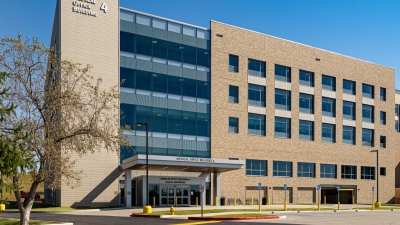Liver Transplant
Our specialists have performed over 3,000 liver transplants, helping restore patients’ liver function and health. This experience allows us to care for patients with complex liver conditions, such as end-stage liver disease and liver cancer. Together, we work to give you a longer, more comfortable life.
Locations

WashU Medicine Transplant at Barnes-Jewish West County Hospital
10 Barnes West Drive
Suite 200
St. Louis,
MO
63141
314-362-5365

WashU Medicine Transplant Hepatology at Barnes-Jewish West County Hospital
1044 North Mason Road
Suite 330
St. Louis,
MO
63141
314-747-2066

WashU Medicine Transplant Hepatology at Barnes-Jewish Hospital
4921 Parkview Place
Suite 12B
St. Louis,
MO
63110
314-747-2066

WashU Medicine Transplant at Center for Advanced Medicine South County
5201 MidAmerica Plaza
Suite 2300
St. Louis,
MO
63129
314-362-5365
Recent News
Patient Story